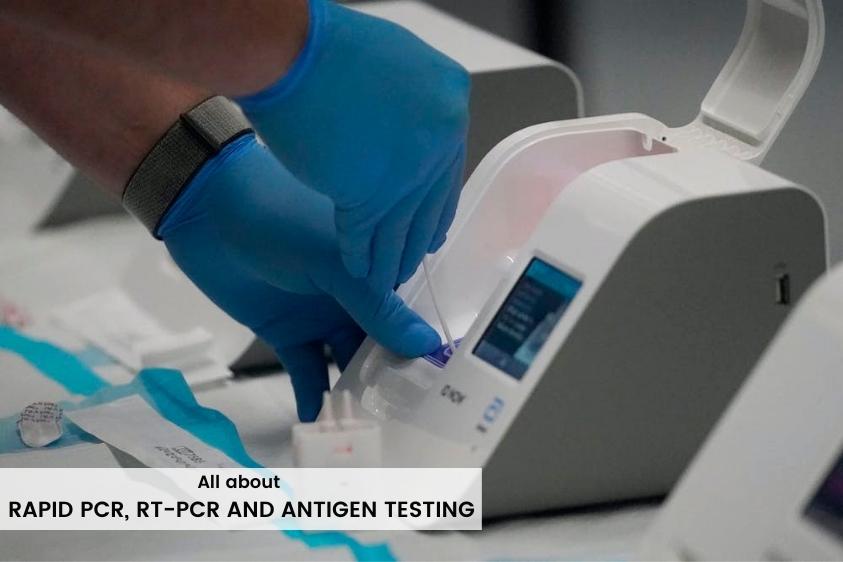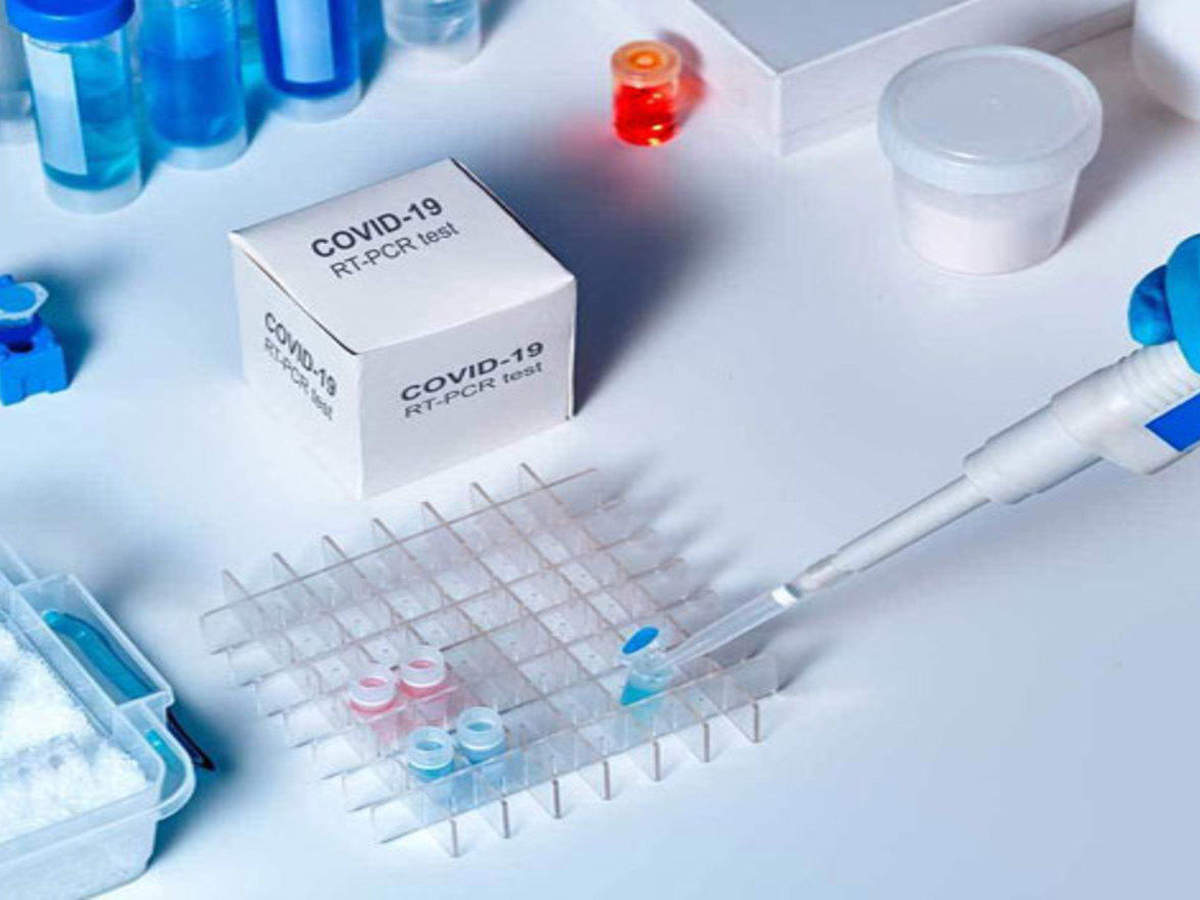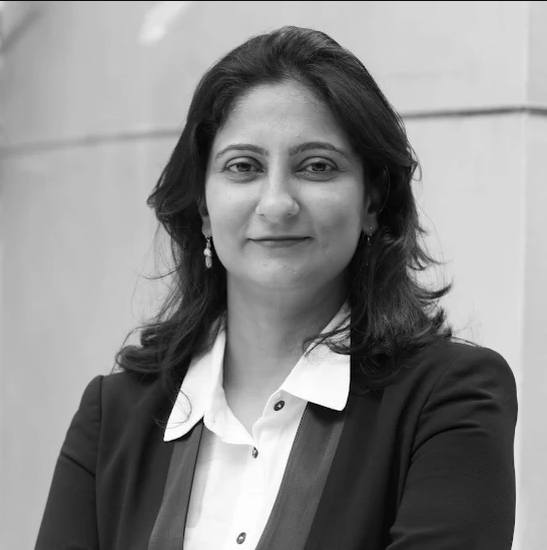
Rapid PCR, RT PCR and Antigen testing-Anu Acharya
There is just so much confusion around the type of tests available for Covid today that I thought I should spend some time explaining the differences between them. The sample collection for most of the tests for determining if you have Covid or not is done via the following methods- Nasopharyngeal, Oropharyngeal or Saliva. However, that doesn't mean that every test is the same.
The most common test is known as RT PCR. I explained the science in this blog on testing in March 2020 https://mapmygenome.in/blog/covid-to-test-or-not-to-test-is-that-a-question. Since March 2020, this test pricing has come tumbling down from Rs 4500 to about Rs 500 for a 48-hour turnaround. Most countries allowed a 72-hour prior test report not so long ago. Today Mapmygenome and other labs can do a much faster turnaround for arriving passengers typically less than 6 hours.
However, given how transmissible this virus is, and with the new Omicron threat, many countries have been changing their view on the testing protocols and prefer to get the test done immediately before boarding the aircraft to minimize the risk to passengers and their country. As a result, some airlines require a Rapid PCR test done at the airports to reduce the risk. This is after a passenger has uploaded a RT PCR report with a 48-hour report.
Rapid-PCR Test
Rapid PCR uses a slightly different technology giving results in as low as 15-22 minutes on a single cartridge. These tests are done on the point of care machines which means the samples are processed at the swab collection point. These tests are approved by the US FDA for emergency purposes. These tests use polymerase chain reaction (PCR) technology for the qualitative detection of nucleic acid/viral RNA from SARS-CoV-2. In most of the machines, the right quantities of enzymes, buffers and reagents required for the polymerization/process are provided in the cartridge, which makes the process simple. These cartridges alone cost around Rs 2000 excluding manpower and other costs and are single use. In India, we use either the Abbott IDnow ( not to be confused with their rapid antigen test) or Thermo fisher's Accula machine. Given that their usage is for passengers boarding a flight, a large number of machines are required. For example, Mapmygenome has around 150 machines at the RGIA airport in Hyderabad.

Rapid Antigen
Rapid antigen is different from molecular tests like RT-PCR because these tests are designed to detect the presence of nucleocapsid protein antigen qualitatively, which is most expressed by the SARS-CoV-2. This test uses lateral flow technology for the detection of the antigen. This test offers numerous benefits over molecular tests. These are relatively inexpensive and can give the results as quick as 15 minutes. However, the sensitivity of these tests is often suspect and thus not every country or organisation would use rapid antigen tests. These are preferred if you want to quickly isolate a person showing symptoms, but you cannot use it to rule out positives in asymptomatic patients.
The table below shows the differences between the three
| RT-PCR | Rapid PCR |
Rapid Antigen |
|
| Detection | Viral RNA |
Viral RNA | Protein Antigen |
| Technology | Polymerase chain reaction |
Polymerase chain reaction | Lateral flow technology |
| Turn Around Time | In 3-10 hours |
Less than 45 Minutes | Less than 30 Minutes |
| Cost | Reasonable |
Most Expensive | Inexpensive |
| Skilled Labor | Required |
Required | Not required |
| Sensitivity |
95-98% |
~95% | ~50% |
| Sample type | Nasopharyngeal/Oropharyngeal |
Nasopharyngeal/Oropharyngeal | Nasopharyngeal |

